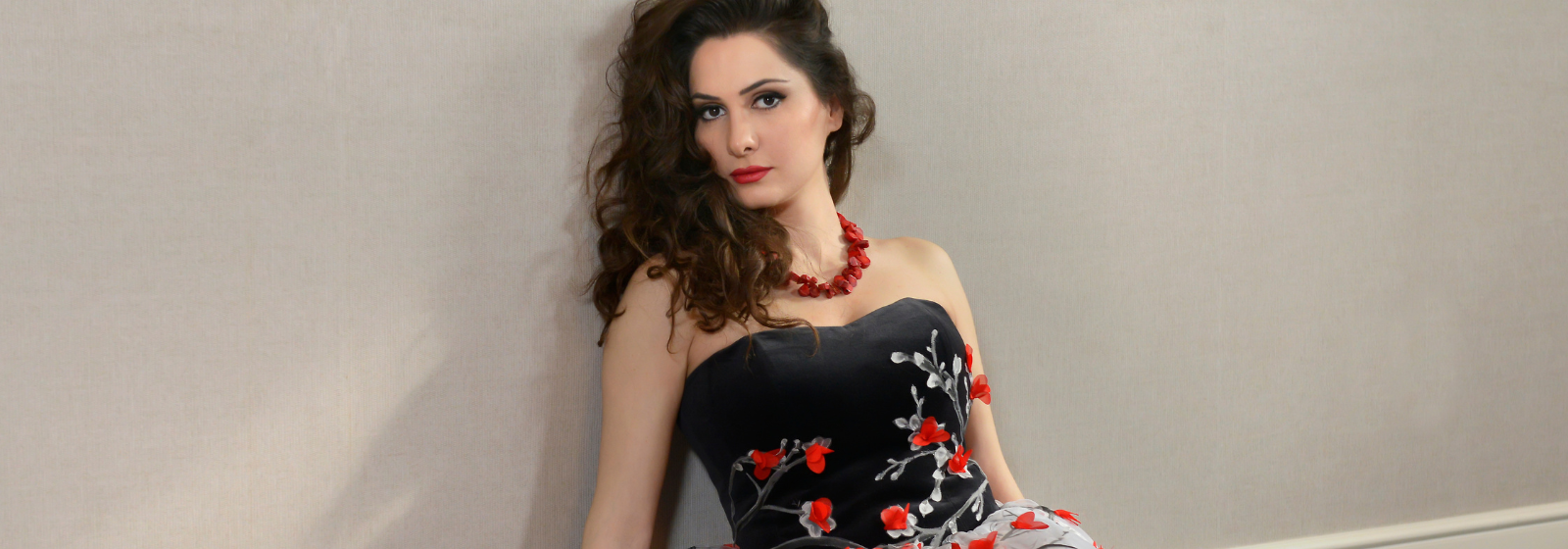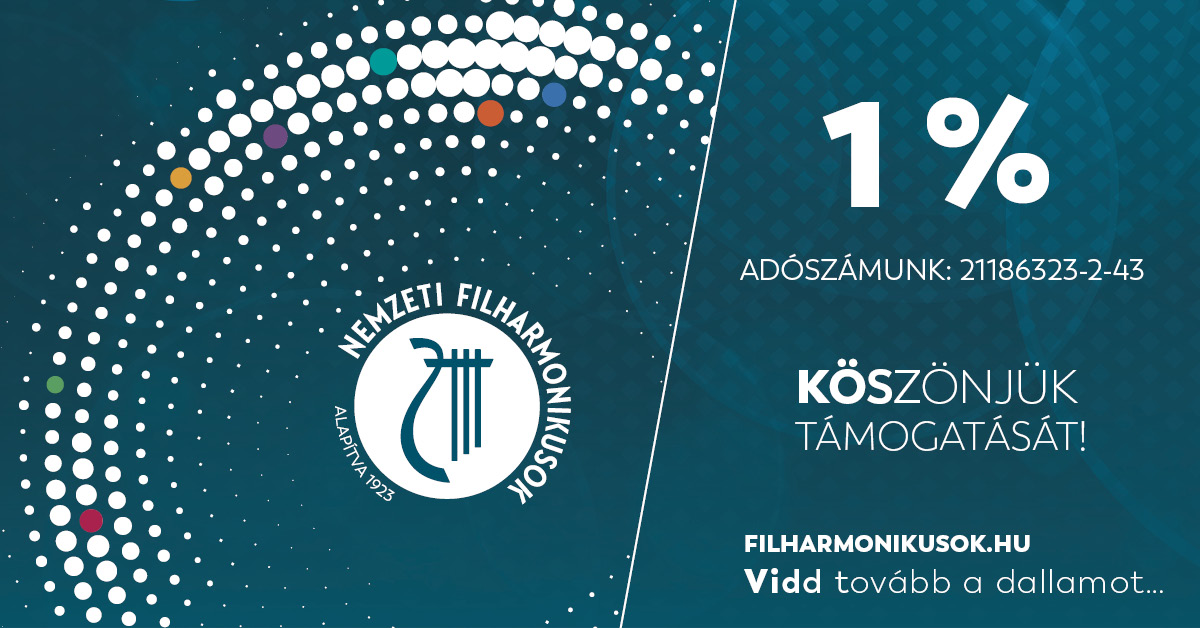
Budapest
MOZART, ROSSINI – PIER GIORGIO MORANDI
Kocsis season ticket 4
Wolfgang Amadeus MOZART: Kyrie in D minor, K. 341
Wolfgang Amadeus MOZART: Instrumental excepts from the incidental music to Thamos, König in Ägypten (Thamos, King in Egypt), K. 345/336A
***
Gioachino ROSSINI: Stabat Mater
Hasmik Torosyan soprano
Atala Schöck alto
Francesco Demuro tenor
Gábor Bretz bass
Hungarian National Philharmonic Orchestra
Hungarian National Choir (choirmaster: Csaba Somos)
Conductor: Pier Giorgio Morandi
Mozart”s Kyrie in D minor is a rarity, as is the incidental music to Thamos, King in Egypt, from which the Hungarian National Philharmonic will perform the instrumental suite on the fourth evening of its Kocsis season ticket. Thamos is noteworthy in that its Freemasonry-related theme means it can be considered a forerunner to The Magic Flute. Rossini’s Stabat Mater, one of the composer’s later works, is no average composition either as it is set apart as a religious work in an oeuvre generally made up of comic operas. The conductor for this concert, Pier Giorgio Morandi, has a deep knowledge of the Italian repertoire, while the international singing quartet comprises nothing but outstanding artists in Hasmik Torosyan, Francesco Demuro, Atala Schöck and Gábor Bretz.


